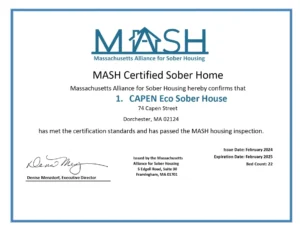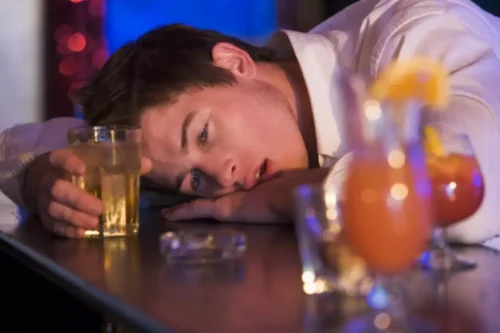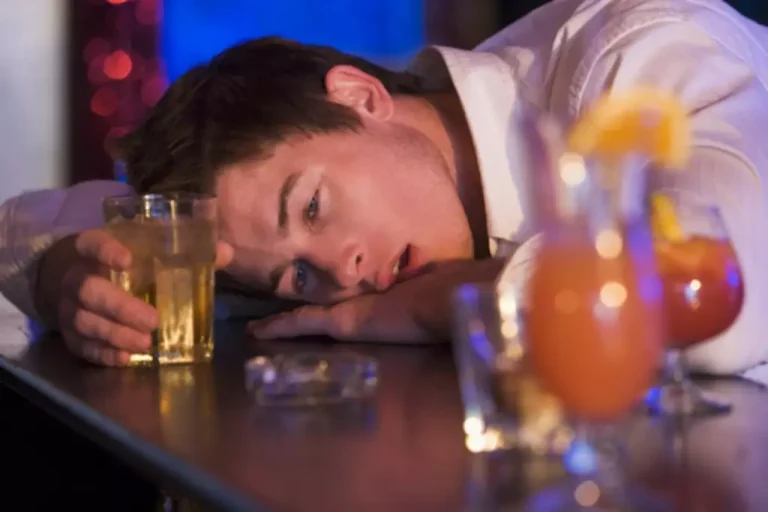6 Habits That Secretly Signal Your Body to Sweat More
Similarly, in some people, the awful symptoms of night sweats and nausea disappear within days. It is essential to understand that each body has a different response to alcohol withdrawal and dependency. The course of treatment and approach also weighs heavily upon the withdrawal symptoms.
Habits That Secretly Signal Your Body to Sweat More
This can help mitigate what is alcoholism some of the uncomfortable symptoms of drinking-induced sweating. Aim to have a glass of water, juice, or another non-alcoholic drink alongside your alcohol. Remember that you’re also losing electrolytes as you sweat, so it can be helpful to get a sports drink. If you suffer from sweating, it’s important to stay safe and comfortable.
What else can cause night sweats(Alcohol Sweats)?
However, from what we do understand, it appears that alcohol can affect our brain fluid as well as our hypothalamus, which is the part of the brain that regulates body temperature. This brain reaction after alcohol intake can raise heart rate, does drinking alcohol make you sweat more increase blood flow, and widen blood vessels, causing profuse sweating after alcohol is consumed. Binge drinking of alcohol can be seen with alcohol use disorder, and it also can be a symptom of other mental health conditions. Excessive sweating may be present at the same time but may not be related to the alcohol consumption.
Are there any alternatives to Coke that are healthier?
These toxins can be eliminated through sweat, leading to an increase in body odor. If someone has developed alcohol dependency, they may experience excessive sweating, hot flashes, and night sweats if they stop drinking. Moreover, night sweats and hot flashes caused by factors like menopause, medication use, or endocrine system effects can be exacerbated by drinking alcohol.
- Vodka, gin, rum and other clear spirits have relatively low amounts of congeners compared to darker liquors.
- Thus, drinking leads to an increased heart rate and widens blood vessels in your skin.” This tends to trigger perspiration.
- So in general, clear, light liquors like vodka and gin may be less likely to cause next-day stench compared to beer, brown spirits and fortified wines.
- These treatment programs are for people who may have severe alcoholism and addiction and need a high level of support.
- The duration of an alcohol rehabilitation program varies based on individual needs, treatment goals, and the type of program chosen, with options ranging from short-term detox to long-term recovery plans.
Adjust Alcohol Consumption
If you are experiencing frequent or persistent night sweats, it’s important to talk to a healthcare professional to determine the underlying cause and develop an appropriate treatment plan. In some cases, cutting back on or quitting alcohol may be one component of this plan. The most effective solution is to cut back on or quit drinking alcohol altogether. By reducing or eliminating alcohol consumption, our bodies can rehydrate, and regulating our fluid balance more effectively, and reducing the likelihood of night sweats. See your doctor if you’re not sure what’s causing your night sweats or if you have accompanying symptoms. Getting night sweats from alcohol consumption may indicate symptoms of a drinking problem.
- When you drink more than this in an hour, alcohol builds up in body tissues and the bloodstream.
- Treatment for hyperhidrosis can vary depending on the individual, but there are several options available.
- If you consume enough alcohol to develop a physical dependence, you might find that you sweat more once the alcohol leaves your system.
- Treatment options vary depending on the cause and severity of symptoms.
Alcohol consumption has also been linked to depression, paranoia, and sleep disorders; AWS provides resources for managing these mental health conditions as well. Your doctor may suggest medications such as anticholinergics that reduce sweating, or botulinum toxin injections that block the nerves responsible for activating sweat glands. It is also important to note that if your diabetes is poorly managed, you may exhibit symptoms of hyperhidrosis. Excessive sweating in women can also be caused by hormonal changes during perimenopause. Hormonal changes can significantly impact how sweat glands respond to certain signals, leading to increased perspiration.
For people who already experience night sweats, including those going through menopause, consuming alcohol can worsen the sweating. A few drinks may cause your heart to accelerate, which further increases the chances of flushing and sweating. Dr Jain says, “Alcohol impacts the central nervous system, the circulatory system, and every part of your body. Thus, drinking leads to an increased heart rate and widens blood vessels in your skin.” This tends to trigger perspiration.
- When your body is stressed, it naturally produces sweat as part of its “fight or flight” mode.
- Drug rehab involves a comprehensive process of detoxification, personalized therapy, and ongoing aftercare to help individuals overcome substance abuse and maintain long-term sobriety.
- It just means your kidneys aren’t releasing as much water in order to keep your blood’s water-sodium level balanced.
Online Therapy Can Help
You’ll find that you have a surge of heat as the alcohol wears off, and this is often part of the reason you experience night sweats. If these strategies don’t ease your troubles—or if they reveal a bigger problem—professional help is crucial. West Georgia Wellness Center provides the kind of in-depth assistance needed to help individuals achieve meaningful recovery. Sometimes, the best decision is to step outside your comfort zone and seek formal treatment.





